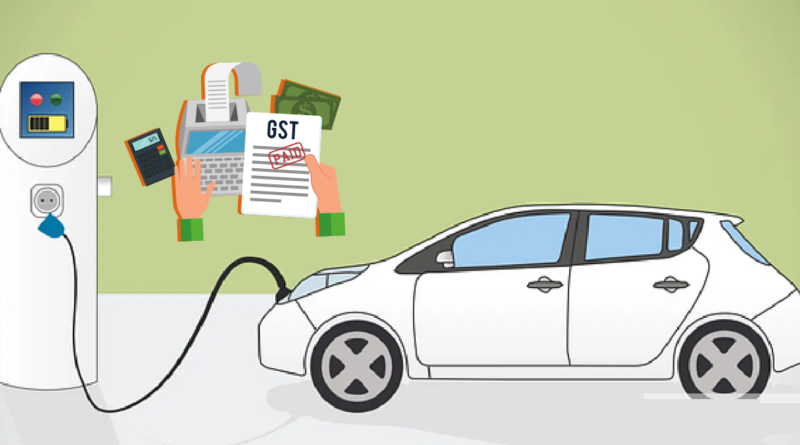18% GST is levied by the Karnataka Authority for Advance Ruling on public EV battery charging stations.
The charging of electric vehicle (EV) batteries at public stations would be subject to an 18% Goods and Services Tax (GST), according to a ruling by the Karnataka Authority for Advance Ruling (ARR). The decision was made by Chamundeshwari Electricity Supply Corporation Ltd after they sought clarification about the installation of public charging stations (PCS) for both two-wheeler and four-wheeler EVs.
GST Ambit and Energy Charges Clarified
The company wanted to know if EV battery charging services would be covered by the GST ambit. They further questioned whether the GST law exempts energy payments because they entail the supply of products, whereas the GST is normally applied to service fees.
EV charging as a Service Supply
The ARR responded by defining charging EV batteries as the process of transforming electrical energy into chemical energy that is stored in the battery. Since the charging station doesn’t sell electricity to anyone and consumption takes place on its property, the Electricity Act doesn’t require a licence.
GST Rate of 18% for Electrical Energy Supply and Service Fees
According to the ARR, the combined “supply of electrical energy” and “service charges” form a provision of services and are therefore subject to an 18% GST rate. The purpose of this decision is to clarify the tax ramifications of public EV charging stations.
From 3,423 in 2022 to 8,853 at the start of June, the number of fueling stations in India that offer electric charging facilities has significantly increased. The number of electric vehicle registrations has also increased significantly, rising to 1,57,217 units in May from 1,10,997 in April. 6,19,172 electric vehicles have been registered in the nation so far in 2023. Growing EV registrations and the growth of public charging infrastructure point to a national trend in favour of sustainable transportation options.


